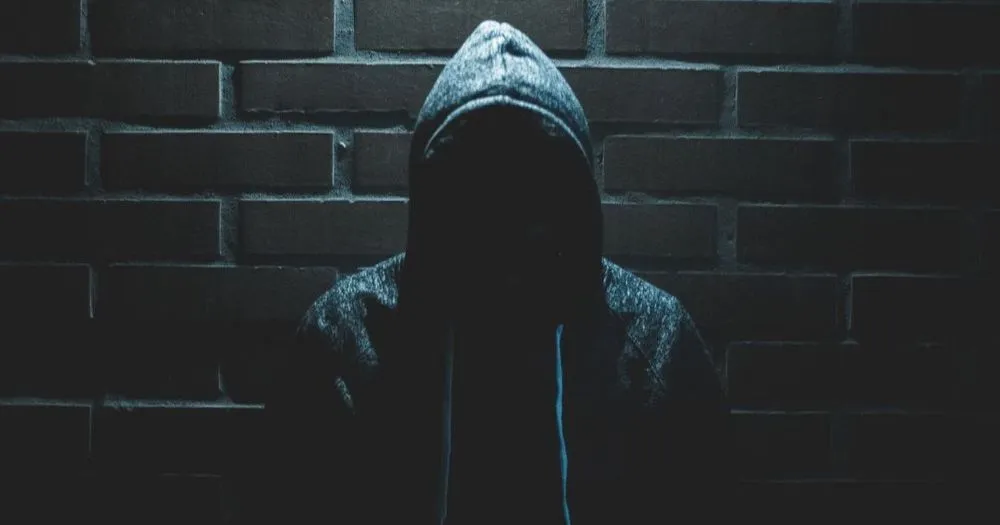US deports highly-prized hacker back to Russia
A Russian national who operated two infamous cybercrime forums has been deported from the US back to his homeland of Russia in a rare and uncharacteristic move from US officials.
Aleksei Burkov, 31, was already serving a nine-year prison sentence in the US on payment card fraud charges before authorities surprisingly released him from prison and agreed to his deportation.
Burkov was picked up this week by Russian police at the Moscow airport after Kremlin officials requested his extradition to face similar criminal charges in Russia as well.
In a press release today, the Ministry of Internal Affairs said Burkov stands accused of "involvement in the manufacture and sale of counterfeit bank cards and trade in confidential data of clients of financial institutions."
One of the most interconnected cybercrime kingpins
US officials first sought Burkov's arrest in 2013 after they discovered his central role in a giant underground cybercrime network.
Going by the pseudonym of "k0pa," Burkov operated CardPlanet, a forum for the trade of stolen card data, and DirectConnection, an invite-only super-secretive community used by Russian-speaking hackers to fraternize and organize future operations.
While Burkov made most of his profits through the CardPlanet carding forum, where more than 150,000 payment cards were traded between 2008 and 2013, the Sankt Petersburgh native is also considered to be one of the most well-connected cybercrime kingpins today, mainly due to his role in managing DirectConnection.
A community available only for the underground elites, hackers who wanted to register on DirectConnection had to pay $5,000 as an upfront registration fee, and also had to convince three existing members to vouch for them, with the three members also becoming liable for any of the new user's bad deals.
US authorities filed charges against Burkov in 2013, and the Russian national was arrested while on vacation in Israel in 2015. Soon after his arrest, Russian police charged Burkov with similar crimes in an attempt to secure his extradition before US authorities, on the grounds that a Russian citizen should be trialed in their home country first.
The extradition case lasted four years and sparked a legitimate political crisis between US, Israel, and Kremlin officials. In 2017, Israel went as far as to accuse Russia of framing and arresting one of its citizens passing through the Moscow airport in an attempt to force its hand into a prisoner exchange deal to secure Burkov's safe return to Russia (see Naama Issachar affair).
During these negotiations, Burkov was described by FBI officials as "an asset of supreme importance" to the Russian government, and the reason they insisted on his extradition.
In 2019, Israeli officials extradited Burkov to the US, where he pleaded guilty in January 2020 and was sentenced to nine years in prison in June of the same year.
It is unclear what led to Burkov's deportation from the US back to Russia. The US Department of Justice did not immediately respond to a request for comment, but some threat intelligence analysts suggested the extradition might be part of a secret prisoner exchange deal or that Burkov aided US investigators in other cases and secured a Rule 35 case that helped reduce his original sentence.
Article updated to clarify that Burkov was deported and not extradited, following a statement from the DOJ released to Reuters.
Catalin Cimpanu
is a cybersecurity reporter who previously worked at ZDNet and Bleeping Computer, where he became a well-known name in the industry for his constant scoops on new vulnerabilities, cyberattacks, and law enforcement actions against hackers.



